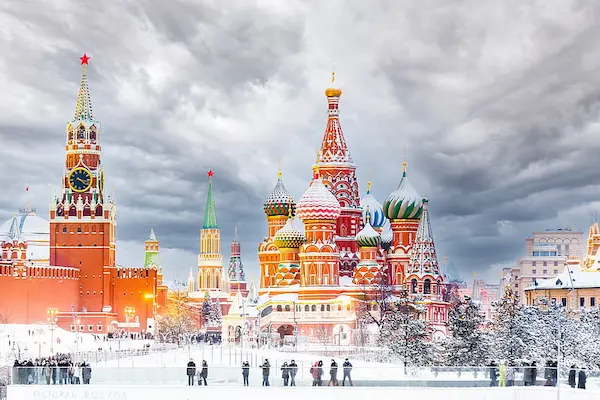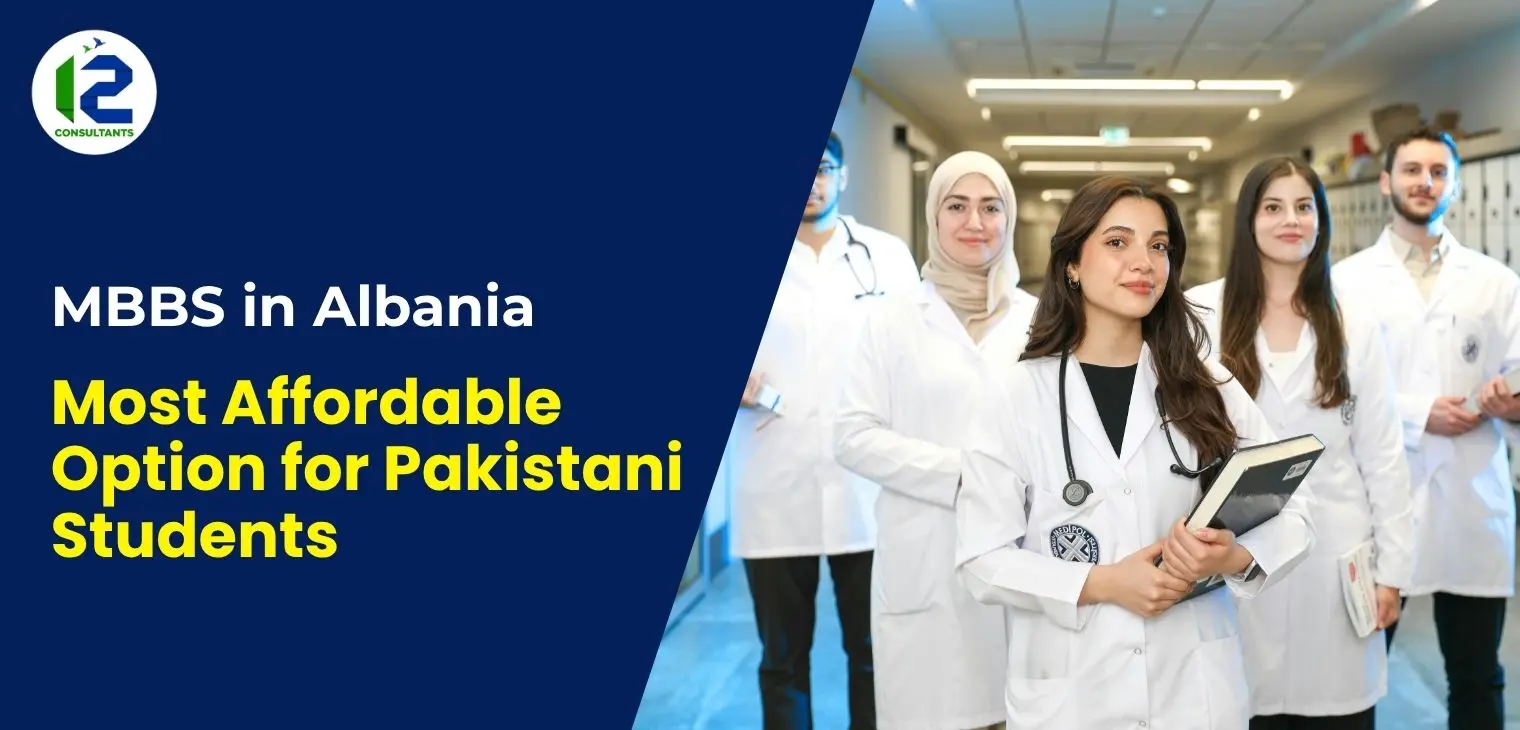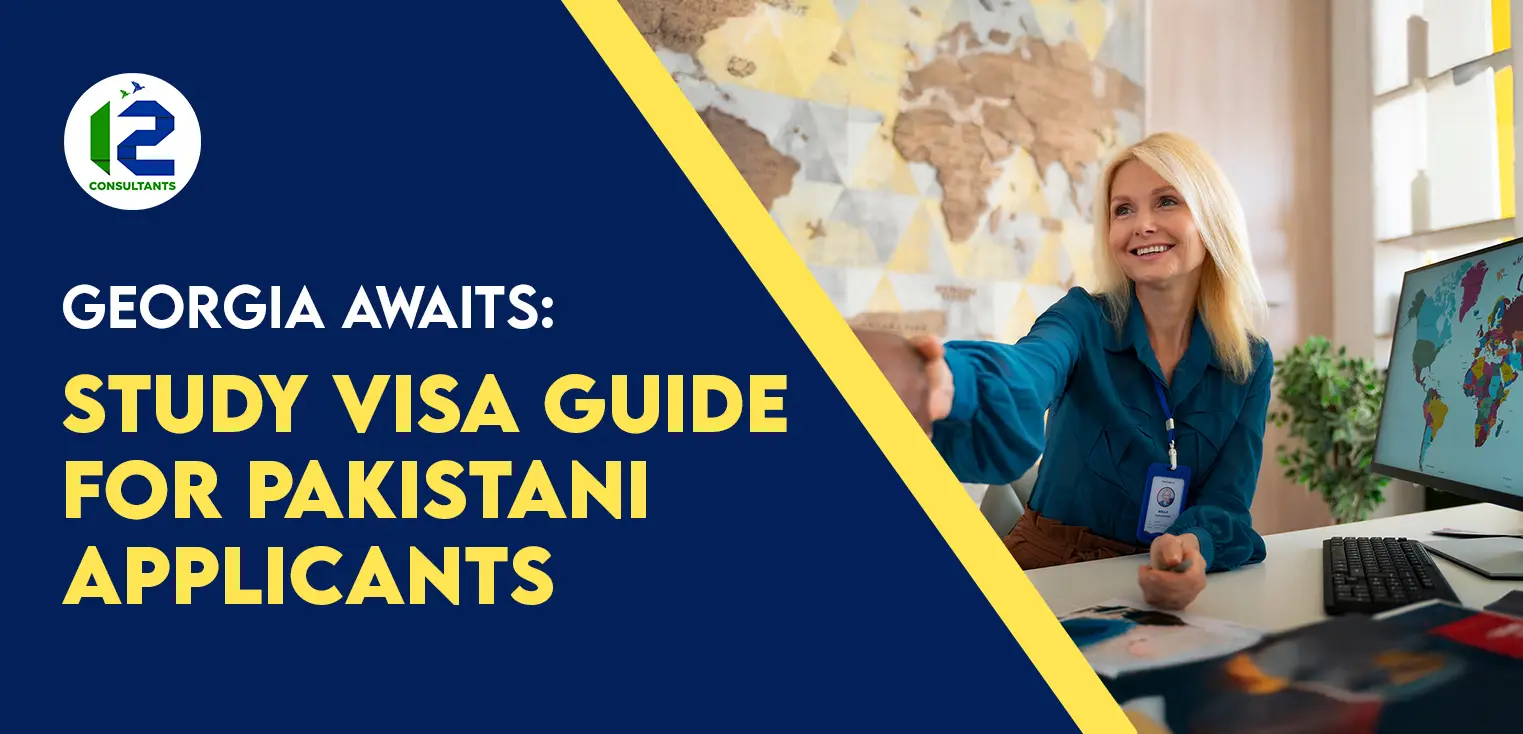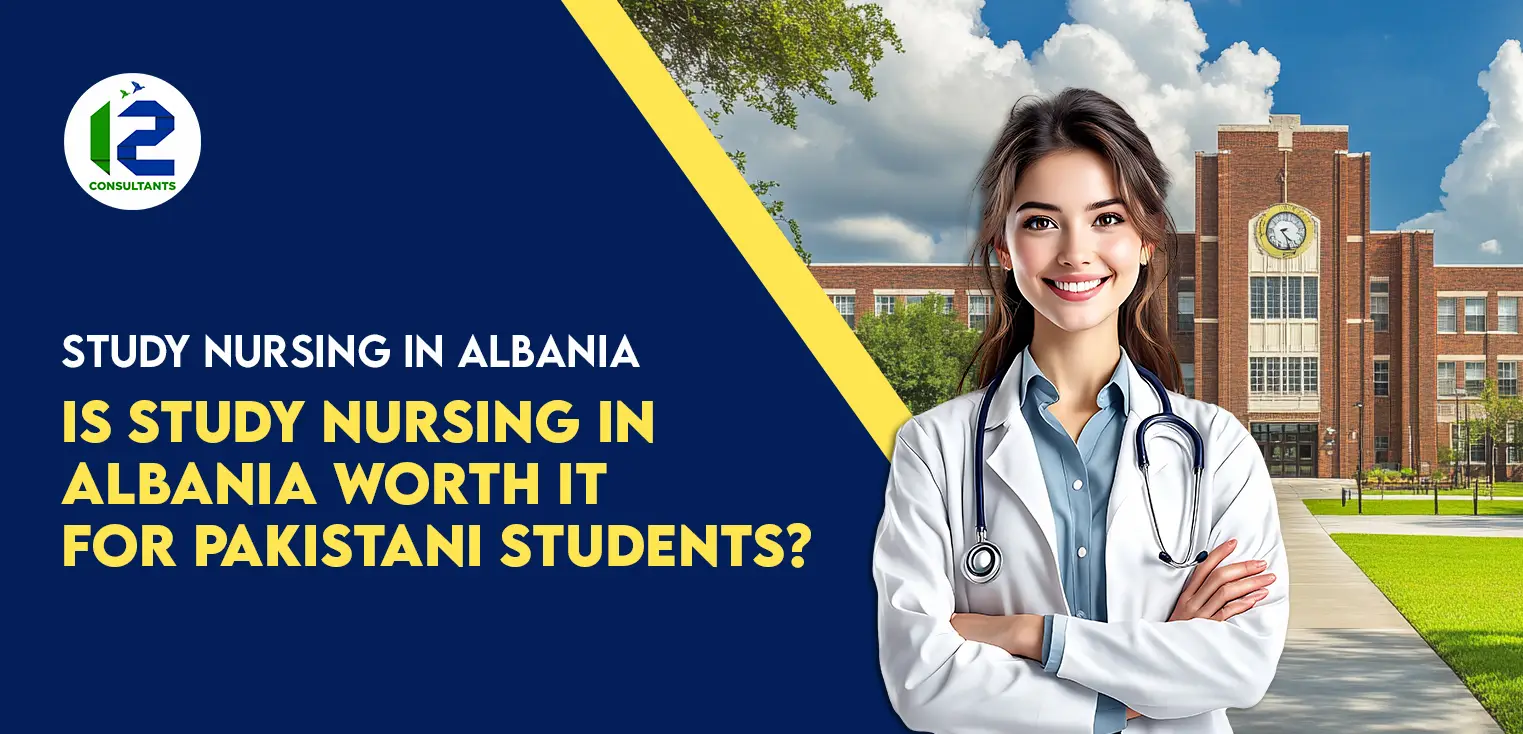
Russia WORK PERMIT FOR FOREIGNERS | JOB TYPES | SALARY
Russia, with its rich cultural heritage and booming economy, has increasingly become a destination of choice for expatriates seeking employment opportunities. This guide provides an in-depth overview of the process for obtaining a work permit in Russia, covering various aspects including job opportunities, visa requirements, application procedures, and settling in the country.
| Location | Northern Eurasia |
|---|---|
| Currency | Russian Ruble (RUB) |
| Language Requirements | Proficiency in Russian is often required for most jobs. English might be sufficient in multinational companies. |
| Part-Time Work | Limited part-time work is allowed for certain visa categories. |
| Accommodation Cost (Monthly) | Varies widely depending on the city and neighborhood, ranging from RUB 20,000 to RUB 80,000. |

Russia offers diverse job opportunities in several sectors. Key job categories include:
- Information Technology (IT): Demand for software developers, system administrators, and cybersecurity experts is high.
- Engineering: Mechanical, electrical, and civil engineers are needed for various projects.
- Healthcare: Doctors, nurses, and medical specialists are in constant demand.
- Education: English teachers and academic professionals are sought after in international schools and universities.
- Finance: Accountants, financial analysts, and banking professionals are essential in the financial sector.
- Hospitality: Hotel managers, chefs, and service staff are needed in the tourism industry.
- Manufacturing: Production managers, quality control specialists, and technicians are required in manufacturing plants.
- Language Services: Translators, interpreters, and language instructors are valuable in a multicultural environment.
| Profession | Average Monthly Salary (RUB) |
|---|---|
| IT Specialist | 80,000 – 150,000 |
| Engineer | 70,000 – 120,000 |
| Healthcare Worker | 60,000 – 100,000 |
| Teacher | 50,000 – 80,000 |
| Financial Professional | 70,000 – 130,000 |
| Hospitality Worker | 30,000 – 70,000 |
| Language Instructor | 40,000 – 80,000 |
| Manufacturing Expert | 60,000 – 110,000 |
- Job Offer: Secure a job offer from a Russian employer. The employer initiates the work permit application process.
- Employer’s Role: The employer submits the necessary documents, including the employment contract, to the Federal Migration Service (FMS) in Russia.
- Gather Required Documents: Collect your educational certificates, passport, health insurance, and employer’s documents.
- Submit the Application: The employer applies for a work permit on your behalf. The processing time varies but usually takes several weeks.
- Apply for Work Visa: Once the work permit is approved, you can apply for a work visa at the Russian embassy or consulate in your home country.
- Temporary Residence Registration: Upon arrival in Russia, register your temporary residence with the local authorities.
- Renewal: Work permits and visas have specific durations. Ensure timely renewal to maintain legal status.
- Valid Passport: Ensure your passport is valid for the entire duration of your intended stay in Russia.
- Job Offer: Provide a formal job offer from a registered Russian employer.
- Health Insurance: Submit proof of comprehensive health insurance coverage valid in Russia.
- Clean Criminal Record: Provide a certificate from your home country proving you have no criminal record.
- Educational Certificates: Copies of your educational qualifications might be required for certain job categories.

Russia does not officially publish specific statistics regarding the approval rates of work visas for foreigners. However, it is generally observed that the work visa approval rate in Russia is relatively high for eligible applicants who meet all the necessary requirements and provide genuine job offers from registered Russian employers. The approval largely depends on the accuracy and completeness of the application, the legitimacy of the job offer, and the applicant’s ability to demonstrate their qualifications and intentions to work in Russia legally.
It’s important to note that while Russia encourages skilled professionals to contribute to its workforce, the approval of work visas can vary based on the specific circumstances of each applicant. Ensuring that all required documents are in order and meeting the criteria outlined by Russian immigration authorities significantly increases the chances of a successful work visa application.
- Legal Residence Basis: Obtain a work permit and a work visa. Your work permit serves as the basis for temporary residence.
- Application Submission: Apply for a Temporary Residence Card (TRC) at the local FMS office in Russia. Submit all required documents.
- Biometric Data: Provide biometric data, including fingerprints and a photo, during the application process.
- Processing Time: The processing time for a TRC varies but generally takes a few months.
- TRC Issuance: If approved, you will receive a Temporary Residence Card, allowing you to live and work in Russia for the duration specified in your work permit.
Obtaining Permanent Residency (PR) in Russia provides a pathway to long-term settlement in this vast and diverse country. Here’s a comprehensive guide on how to secure PR status and settle down in Russia:
1. Temporary Residence Permit (TRP):
Before applying for PR, you typically need to hold a Temporary Residence Permit (TRP) in Russia. To obtain a TRP, you usually need a valid work permit or another legal basis for residence, such as family reunification, studies, or entrepreneurship.
2. Continuous Legal Residence:
Maintaining continuous legal residence in Russia is crucial for PR eligibility. Avoid long periods of absence from the country, as this might affect your application.
3. Required Documents:
Prepare all necessary documents, including proof of legal residence, employment records, financial stability, and language proficiency. Keep your documents organized and up-to-date.
4. Permanent Residence Permit (PRP) Application:
Submit your Permanent Residence Permit (PRP) application to the Russian immigration authorities. Ensure all documents are complete and accurate. The application process involves various checks and verifications.
5. Processing Time:
The processing time for a PRP application can vary, but it typically takes several months. During this period, your application will be reviewed, and background checks will be conducted.
6. PRP Issuance:
If your application is approved, you will be issued a Permanent Residence Permit (PRP). This permit allows you to reside in Russia indefinitely and serves as evidence of your legal residence status in the country.
7. Settlement and Integration:
After obtaining PR status, focus on settling down and integrating into Russian society:
Stable Employment: Maintain stable employment, as having a job contributes to your integration and financial stability.
Secure Accommodation: Ensure you have stable housing. Rental agreements or property ownership documents are essential for your settlement.
Language Proficiency: While not always mandatory, having proficiency in Russian can enhance your integration. Engaging in language courses is beneficial.
Cultural Understanding: Learn about Russian culture, traditions, and social norms. Participate in community activities to better understand the local way of life.
8. Citizenship (Optional):
After holding PR status for several years (usually five years), you may become eligible to apply for Russian citizenship. Citizenship applications often require language proficiency and a demonstrated commitment to Russia.
9. Professional Assistance:
Navigating Russia’s immigration laws can be complex. Consulting with an immigration lawyer or expert can be invaluable. They can guide you through the PR application process, ensuring all documents are in order and increasing your chances of a successful application.
Latest Post
Georgia, located between Europe and Asia, has become a popular...
Studying MBBS in Europe offers an affordable and high-quality medical...
Studying in Georgia is an exciting opportunity for many Pakistani...
MBBS in Albania for Pakistani students is a promising opportunity...
Due to the ongoing Ukraine-Russia conflict, many Pakistani and international...
Georgia study visa for Pakistani students stands out as one...
For many Pakistani students aspiring to pursue a career in...
For Pakistani students seeking affordable and quality education in Europe,...










